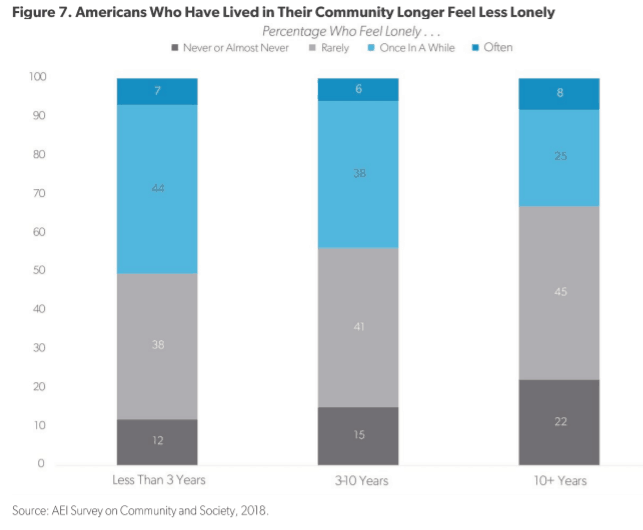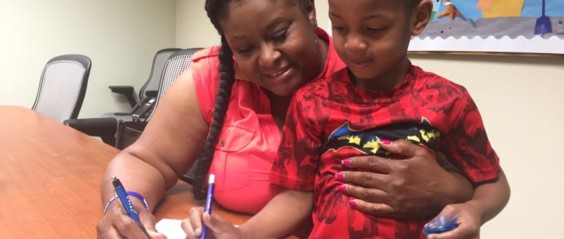Food for Thought
If you haven’t seen Swedish climate activist Greta Thunberg’s speech at the UN this week, I recommend watching it. Agree with her or not, her speech galvanized conversation around the world. The speech, following international climate protests, and the release of a special report from the Intergovernmental Panel on Climate Change (IPCC) warning that sea levels are rising more rapidly than expected have prompted several news and policy organizations to think about climate change in the past two weeks.
New York Magazine has a new series, The State of the World, that includes an interview with Bill Gates, among others. The Economist published an article, “The past, present and future of climate change,” that looks at where things stand now and provides a good explanation of why this is such a difficult political issue:
“What is more, the costs and benefits are radically uncertain and unevenly distributed. Most of the benefit from curtailing climate change will almost certainly be felt by people in developing countries; most of the cost of emission cuts will be felt elsewhere. And most of the benefits will be accrued not today, but in 50 or 100 years.”
CityLab explores what the findings of the special report mean for coastal cities in their article, “The Storm of the Century Could Soon Happen Every Year.” As cited in the article, the IPCC report states that sea levels that historically occurred once per century are likely to occur at least once a year in most coastal locations, including along the North Carolina coast, in the not-so-distant future.
A New Slant
AEI released a new report questioning the “epidemic” of loneliness among millennials. The report, based on their Survey on Community and Society (SCS), states that most millennials do not report being lonely very often. According to their survey, only 8% of millennials are often lonely whereas 40% are lonely once in awhile.
The report argues that loneliness is not due to social media or screen time replacing face-to-face contact, but due to lower marriage rates, less religiosity, and greater geographic mobility among millennials than previous generations.

Need to Know
Interested in early childhood education policy? EdNC.org early childhood reporter Liz Bell recently started a new newsletter, Early Bird, focused on early childhood. The newsletter spotlights early childhood news and policy analysis and provides resources for new parents and early childhood educators. Sign up here.
In the past two weeks, Liz published two pieces relevant for a policy audience. The first is on the challenge of recruiting highly qualified early childhood educators when they are often making less than a living wage. The second looks at a study that shows new moms have physical and mental health benefits when newborn dads get time off, including fewer childbirth-related doctor’s appointments and a decline in prescribed antibiotics and anti-anxiety medication.
What we're reading
Foster care case numbers continue to climb in NC, as opioid crisis affects families
Record numbers of children, almost all of whom have trauma of their own, are entering the foster care system as a result of abuse and neglect.... Read the rest-
What Will It Take to Solve the Student Loan Crisis?
-
For Passion or For Money, More Seniors Keep Working
-
First Biomarker-Based Screening Tool for PTSD
-
A charter school faces the ugly history of school choice in the Deep South
-
You can now make money selling your own health data, but should you?
-
Is the Cheesecake Factory a blessing or a curse for labor markets?


